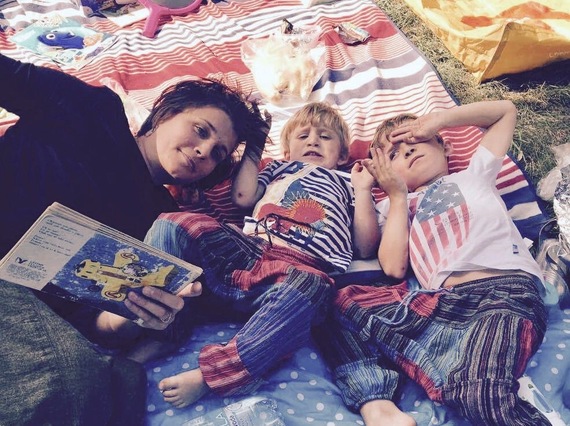It was World Duchenne Day on 7 September. Much happens in the community, as parents around the world continue to strive for a significant treatment or cure for their sons: there is nothing quite like the motivation of a parent watching their child grow weaker by the day. We will do anything for our children, die for them if we must.
Announcements of scientific breakthroughs are made, strong results in laboratories are lauded, positive trial data is circulated. In turn, more money flows into numerous Duchenne-focused bioscience companies, charities and hospitals invest in clinical trial capacity, yet still, things do not progress fast enough. Hopes are built, money raised, science advanced, but then… nothing. Another year passes with no significant treatment or cure, and our sons continue to face the inevitable prospect of a slow, painful and premature death.
Duchenne, in this respect, is a ruthless judge and executioner. Progress means nothing to it, and it teases from our sons’ wasting muscles, murmuring like a deathly ghost casting its fatal spell, “Not good enough. You’re failing them. They continue to die without exception.”
My first Duchenne conference in 2014, and a parent with a teenage son sitting by his side fresh from a tracheotomy, a newly converted responaut, confronted a panel of scientists with the words, “You said the same thing ten years ago, five years ago, and now. But there’s nothing, but for another press release amounting to little. How much money do I need to raise, what do I need to do, for you to finally get there? What do all of us in this room with dying sons need to fucking do!?”
I did not understand his rage then. I do now, as does my wife Klara. This is the spectre that haunts every Duchenne parent, which leaves them so often angry and restless. Can I do more? Can we do more? Can they do more?
The carousel of thoughts and worries always follows a similar course. Theo could not get up off the floor today. It took him twice as long as even just three months ago. He cannot get up that hill anymore. No more walking to school, unless I can park in the school car park, as I can no longer carry them both. What about when Oskar grows weaker too? How on earth do I push two wheelchairs? When will Theo require an electric chair? When will he become wholly dependent on a ventilator to breathe? And on, and on. Worry is repetitive, achieves little, but still, I must engage in it, this purposeless ritual.
And there am I assuming that everything should have a reason or purpose. What is the reason for Duchenne? How can there be one, for a fatal genetic disease that forces boys off their feet and to an early grave.
C.S. Lewis would have me believe, in the infinite wisdom of his Christian evangelism, that my children’s suffering, and the suffering of others with Duchenne, is God’s metaphor to rouse a deaf world. But surely such a god is cruel. Other world religions offer similarly unconvincing rationale, and only Buddhism comes close to offering a credible one, in its idea of deathlessness and perpetual rebirth – the inevitable cycle of life.
Is not Duchenne, in truth, like other fatal illnesses, simply a by-product of evolution, whose imperative demands that only the fittest survive, the species forever regulating its numbers in a multitude of ways in order to continue to exist and thrive. This explanation might seem brutal and fatalistic, but it is nevertheless the truth, in spite of the post-truth world we might live in.
But then, if the laws and logic of our existence are such, this unforgiving and unreasonable, should not our response to Duchenne – to curing our sons of this fatal disease once and for all – be not the same. We must never give up, we must fight to the very end.
Such a response might defy reality – the truth of our existence – but it is driven by love, and in this world of ours, of infinite paradox and ceaseless complexity, little else matters. For love doesn’t require a rationale. And it can conquer all.
